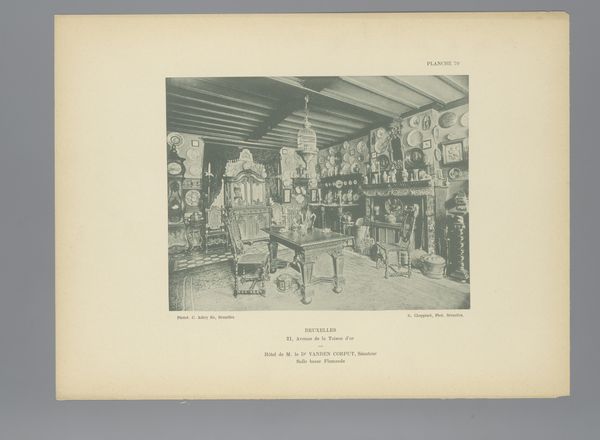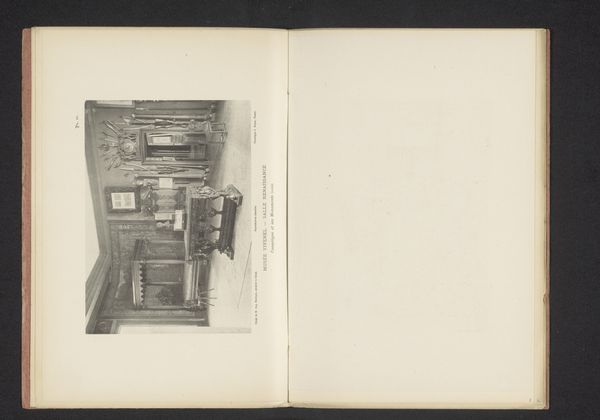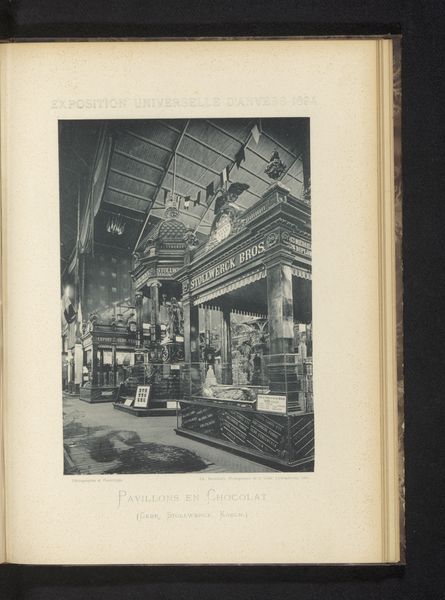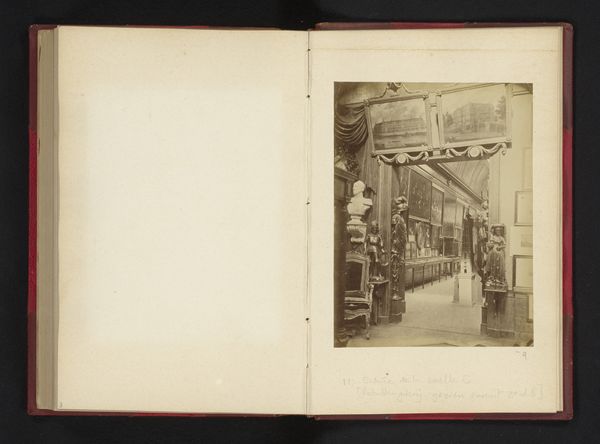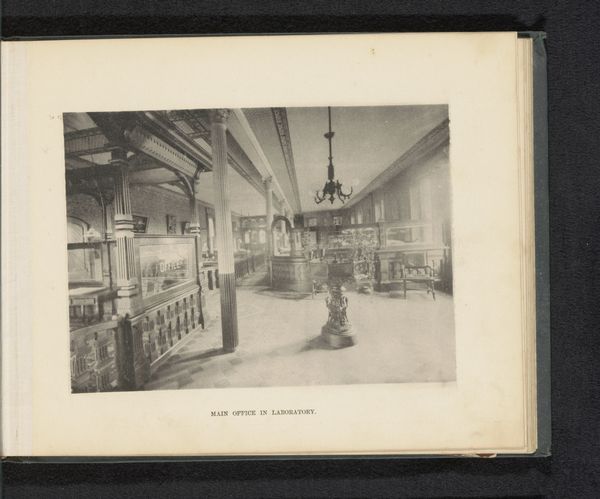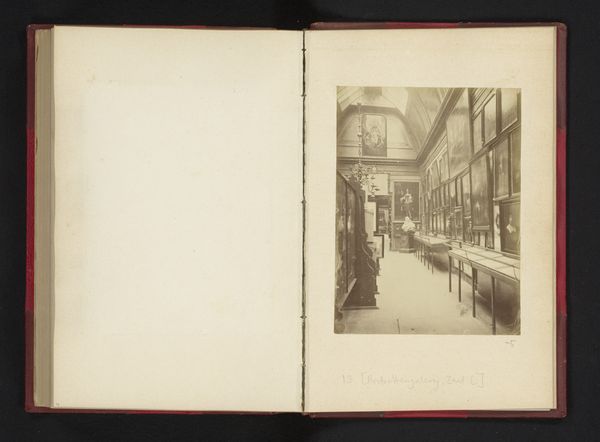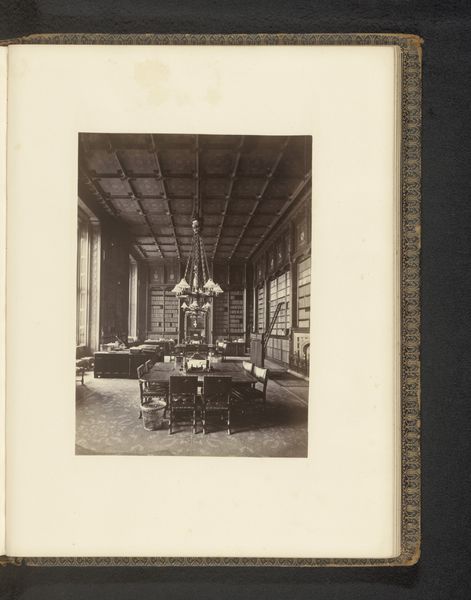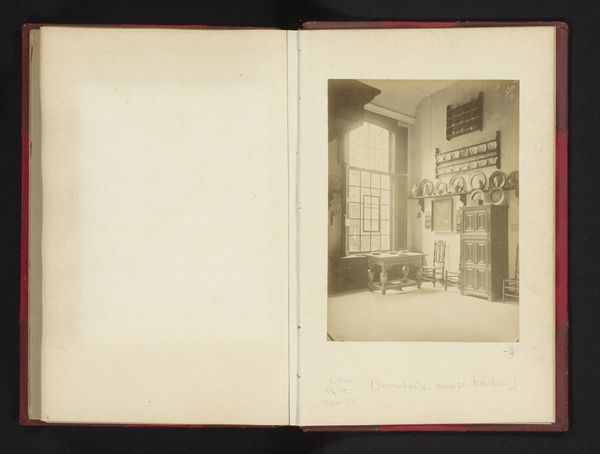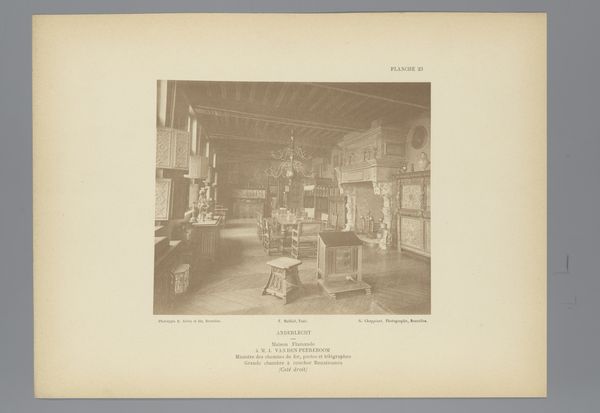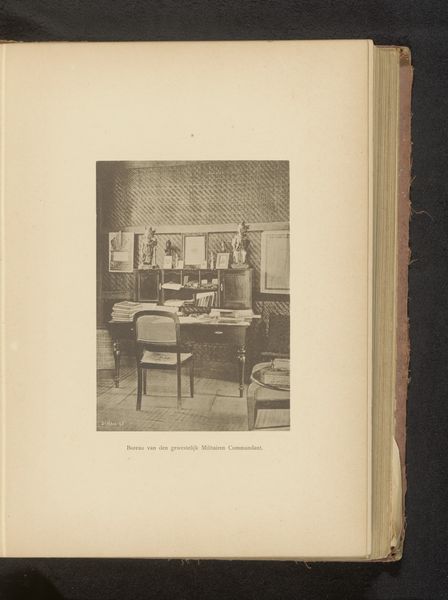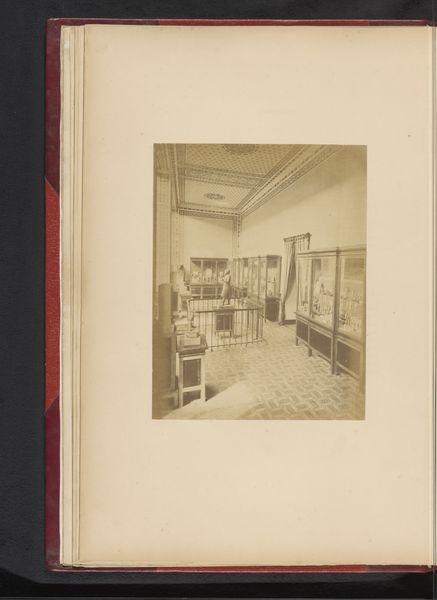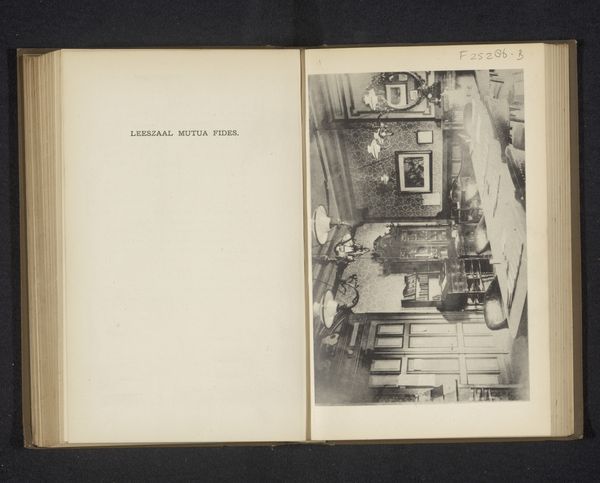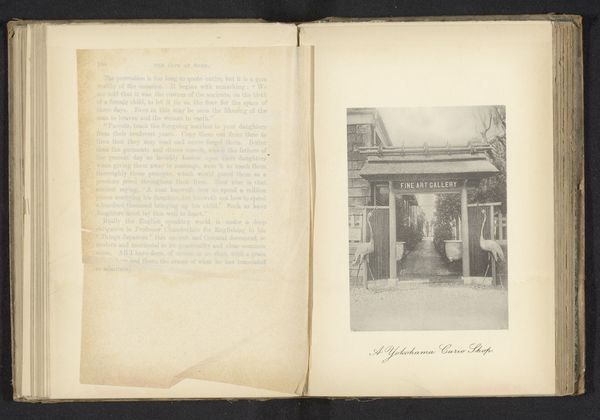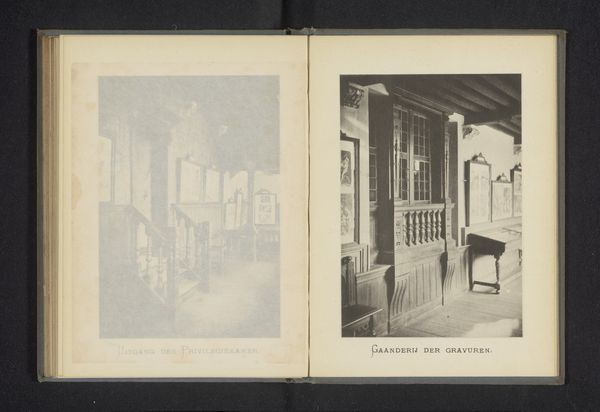
Gezicht op het Noorse en Zweedse deel van de Wereldtentoonstelling van 1885 in Antwerpen before 1885
0:00
0:00
drawing, print, etching, ink
#
drawing
# print
#
etching
#
landscape
#
ink
#
pen-ink sketch
#
genre-painting
#
academic-art
#
realism
Dimensions: height 277 mm, width 220 mm
Copyright: Rijks Museum: Open Domain
This print shows the Swedish and Norwegian pavilion at the 1885 World Fair in Antwerp. It was made using a process of engraving, which involves meticulously cutting lines into a metal plate, inking it, and then pressing it onto paper. The image is fascinating in its depiction of a moment in industrial history. World Fairs were showcases for national innovation and manufacturing prowess. The objects on display here – bottles of all shapes and sizes – must have been quite impressive to fairgoers at the time. But the print itself is also an object of material interest. Think of the labor and skill involved in incising those fine lines! What’s also interesting is that the print aestheticizes a scene of industrial production. It reminds us that even within a seemingly straightforward image like this, there is a complex interplay of materials, processes, and social context. It’s a reminder that the boundary between fine art and craft is not always so clear.
Comments
No comments
Be the first to comment and join the conversation on the ultimate creative platform.
